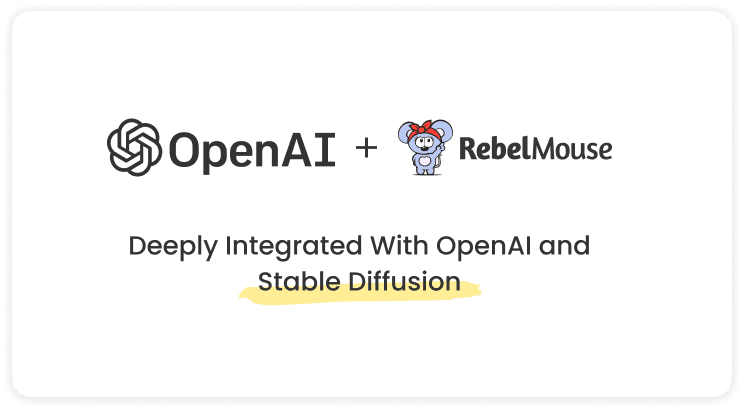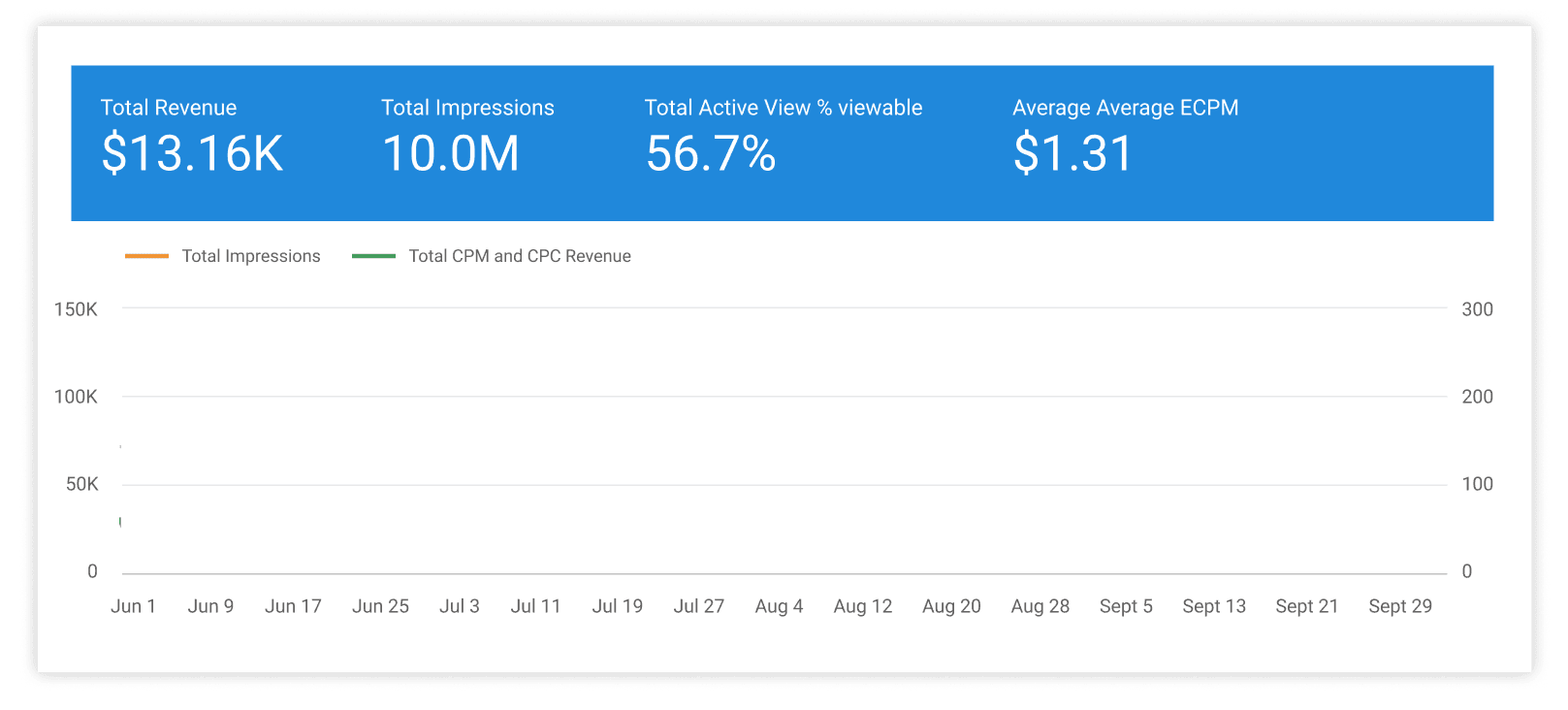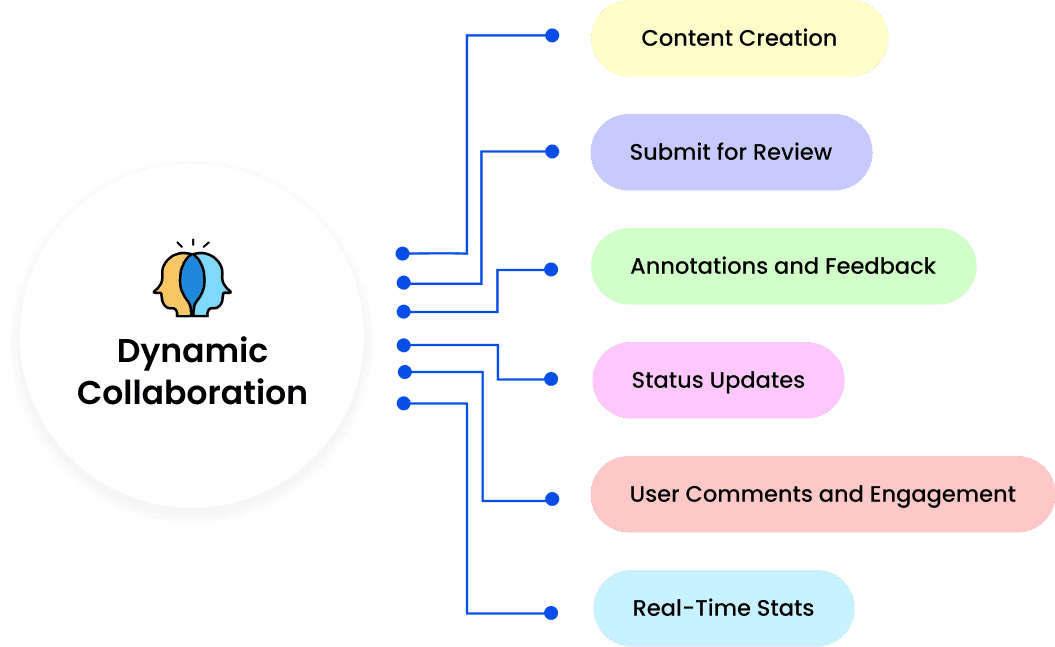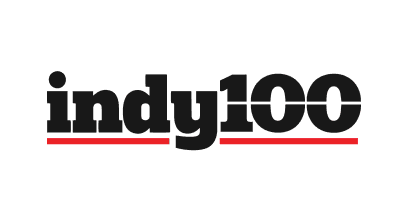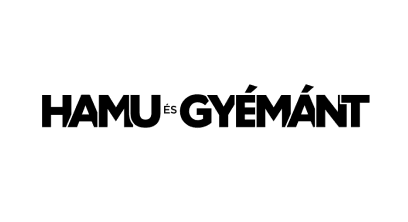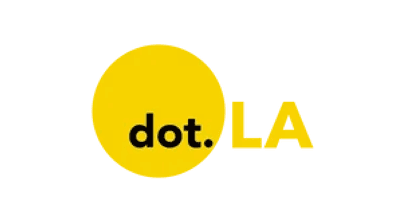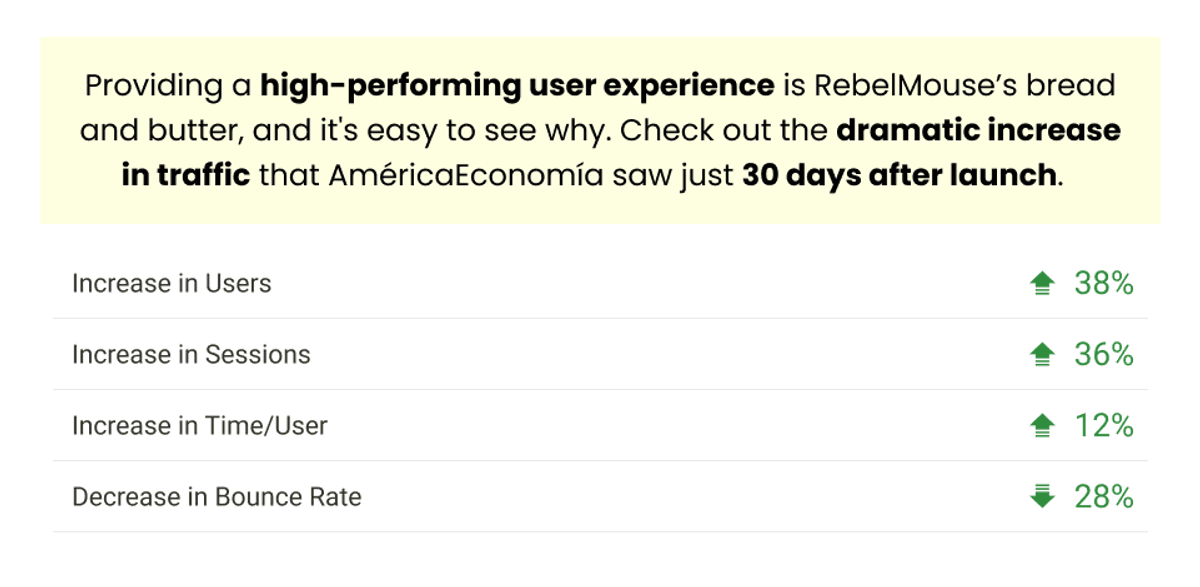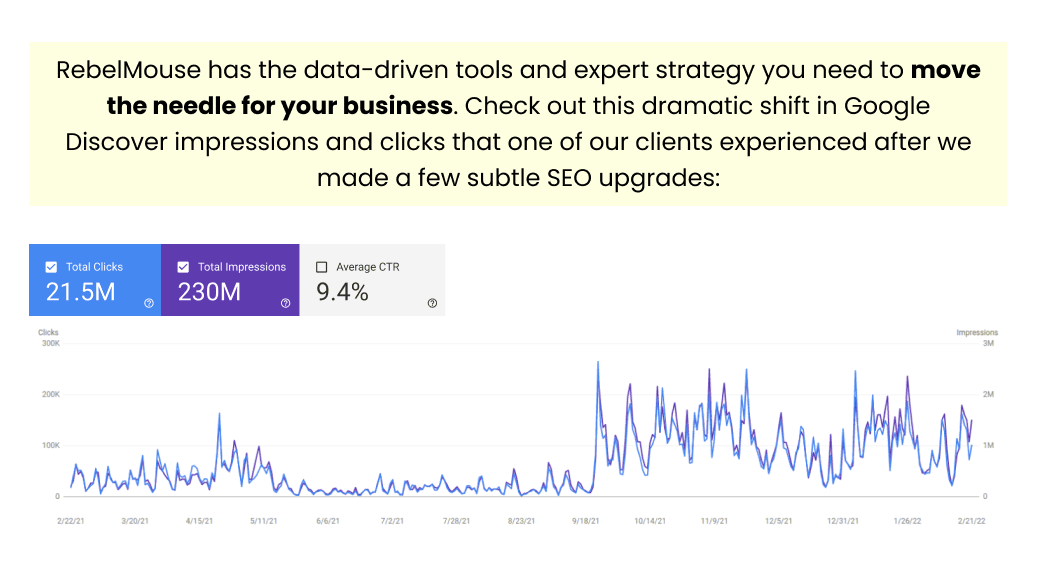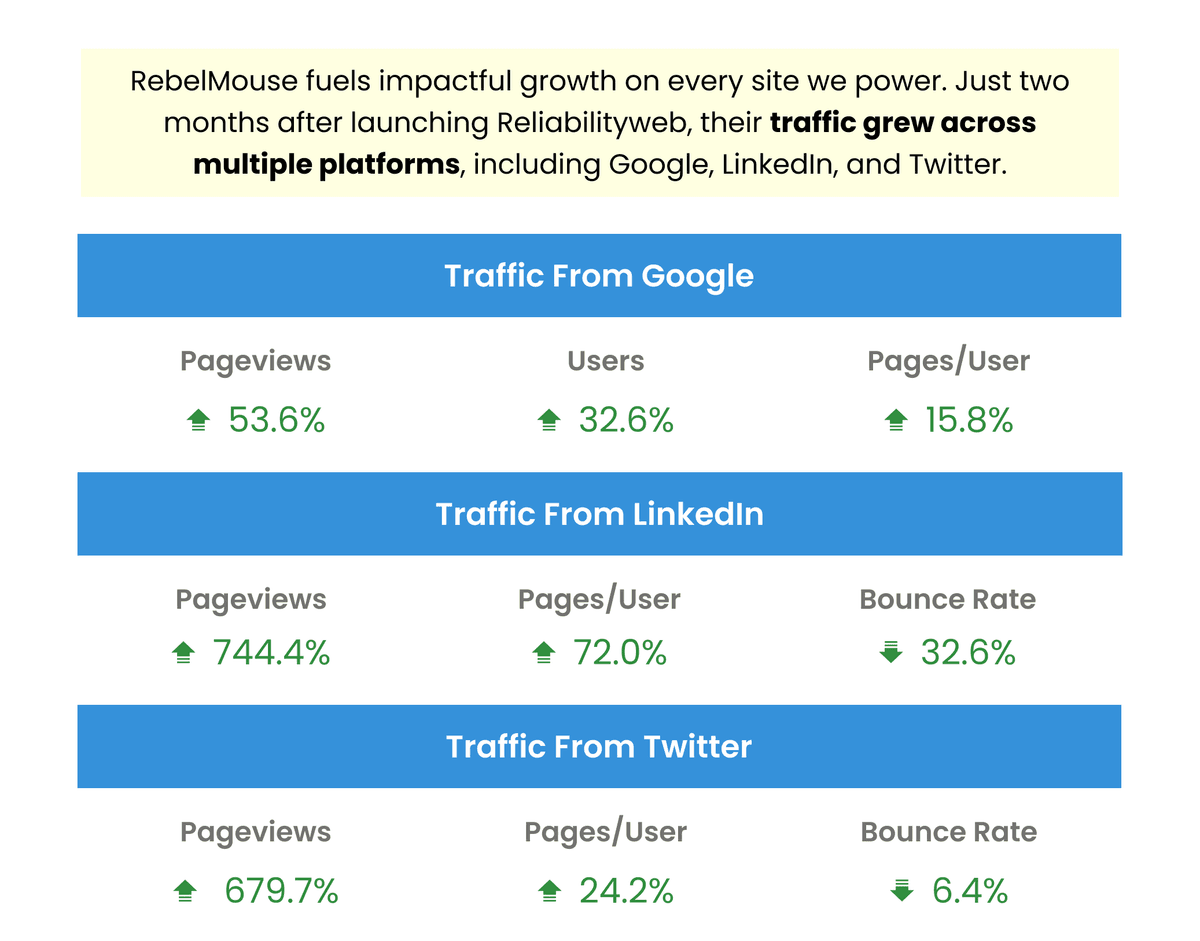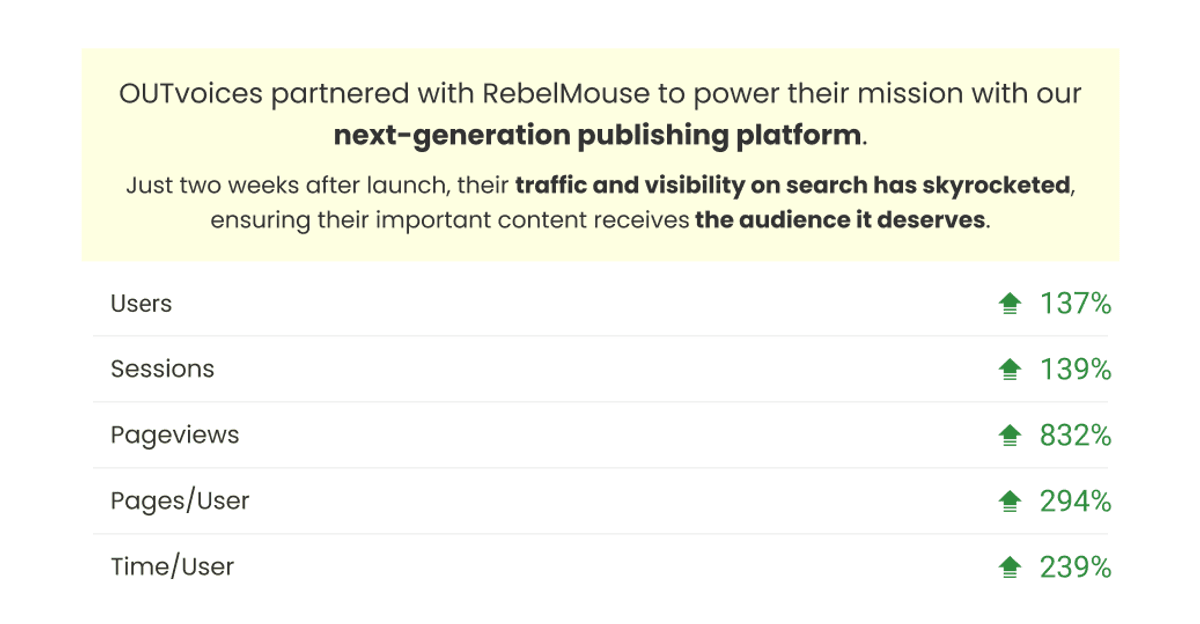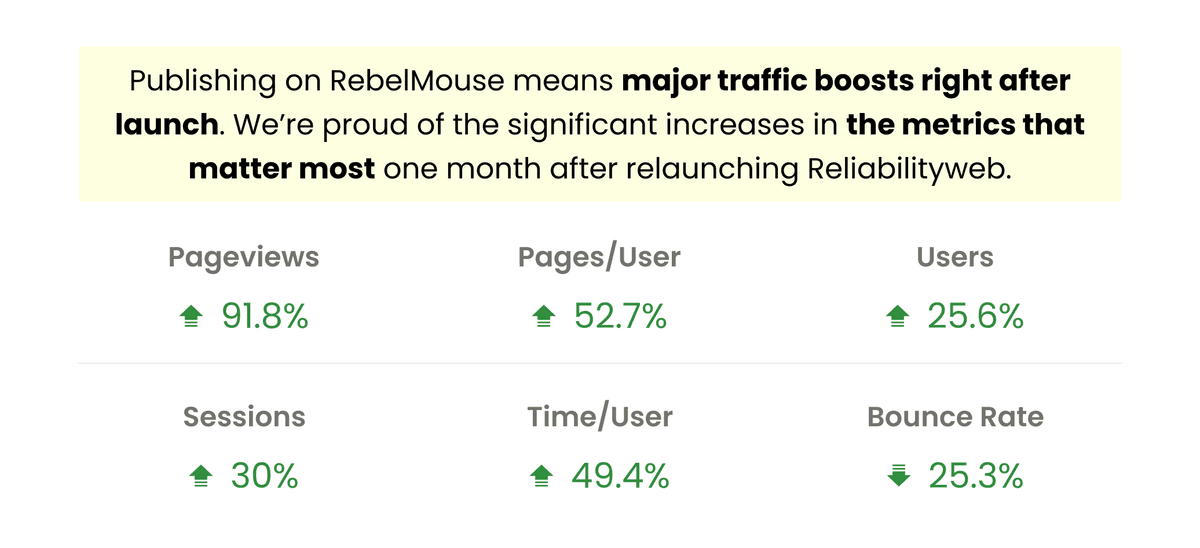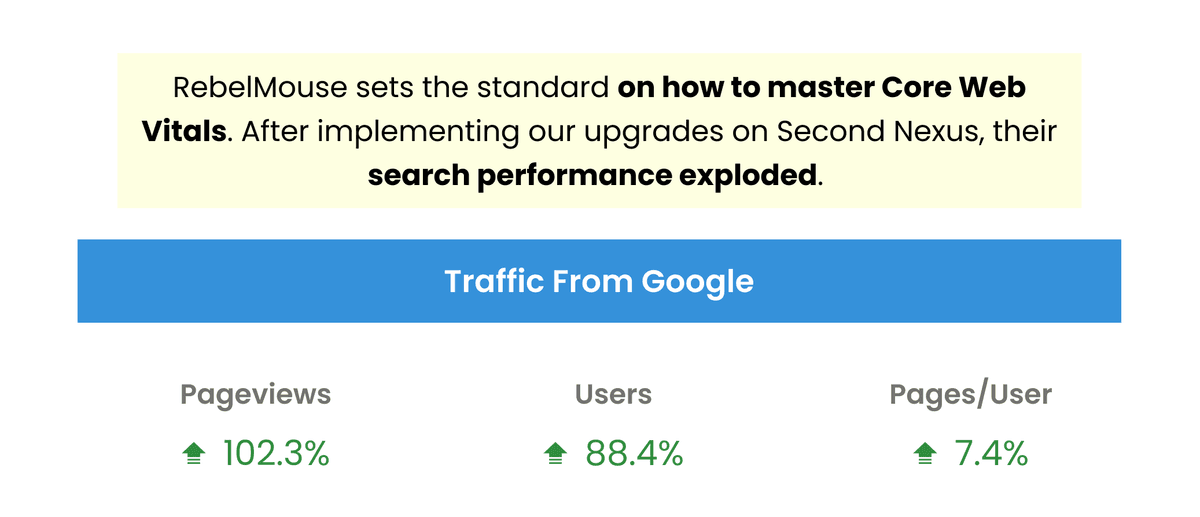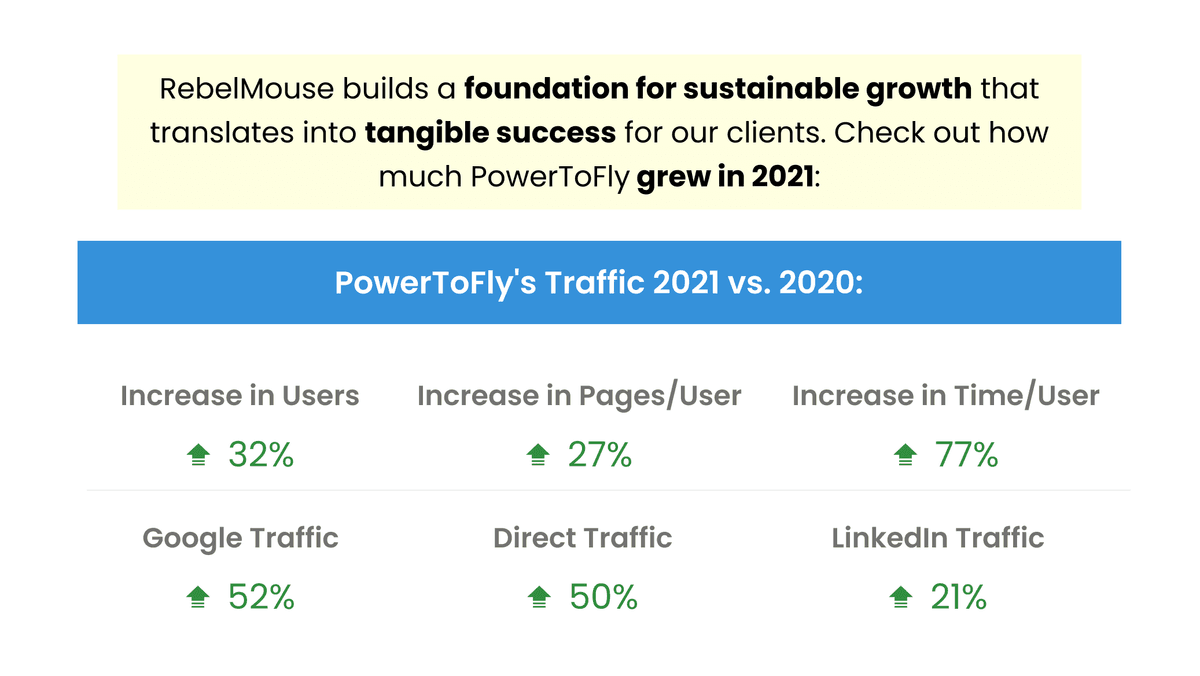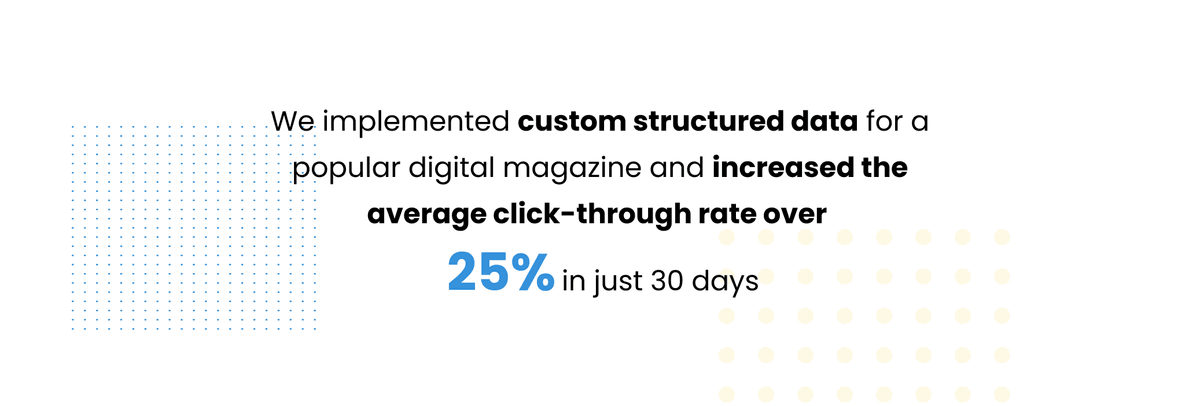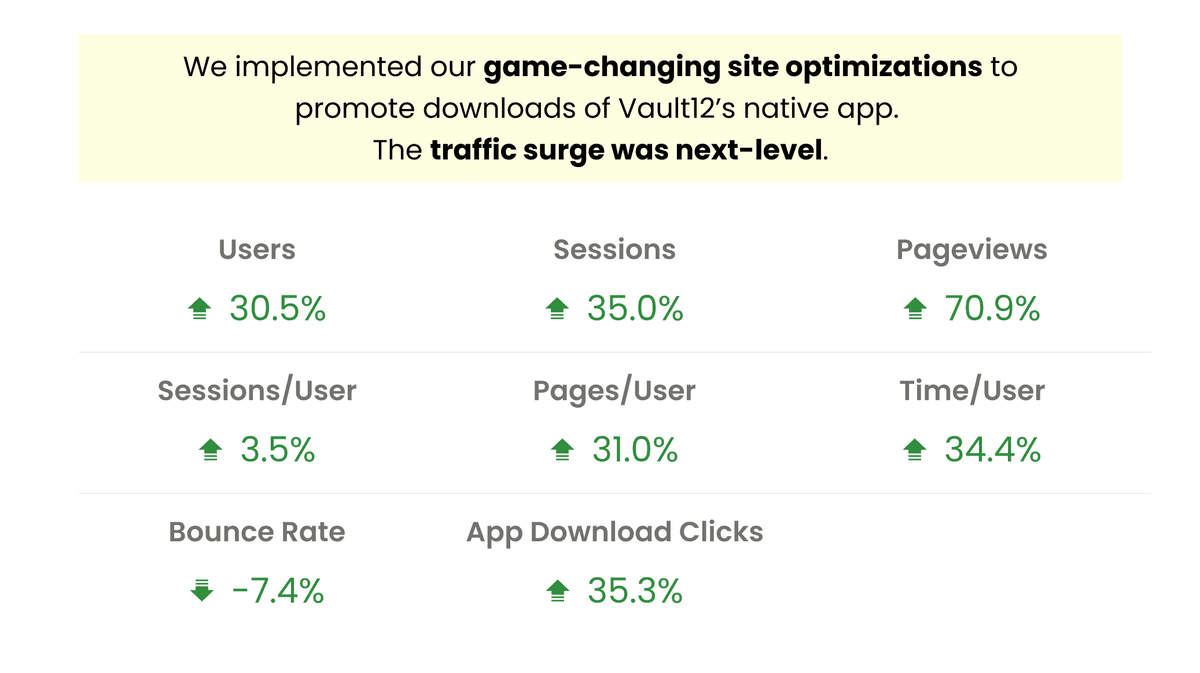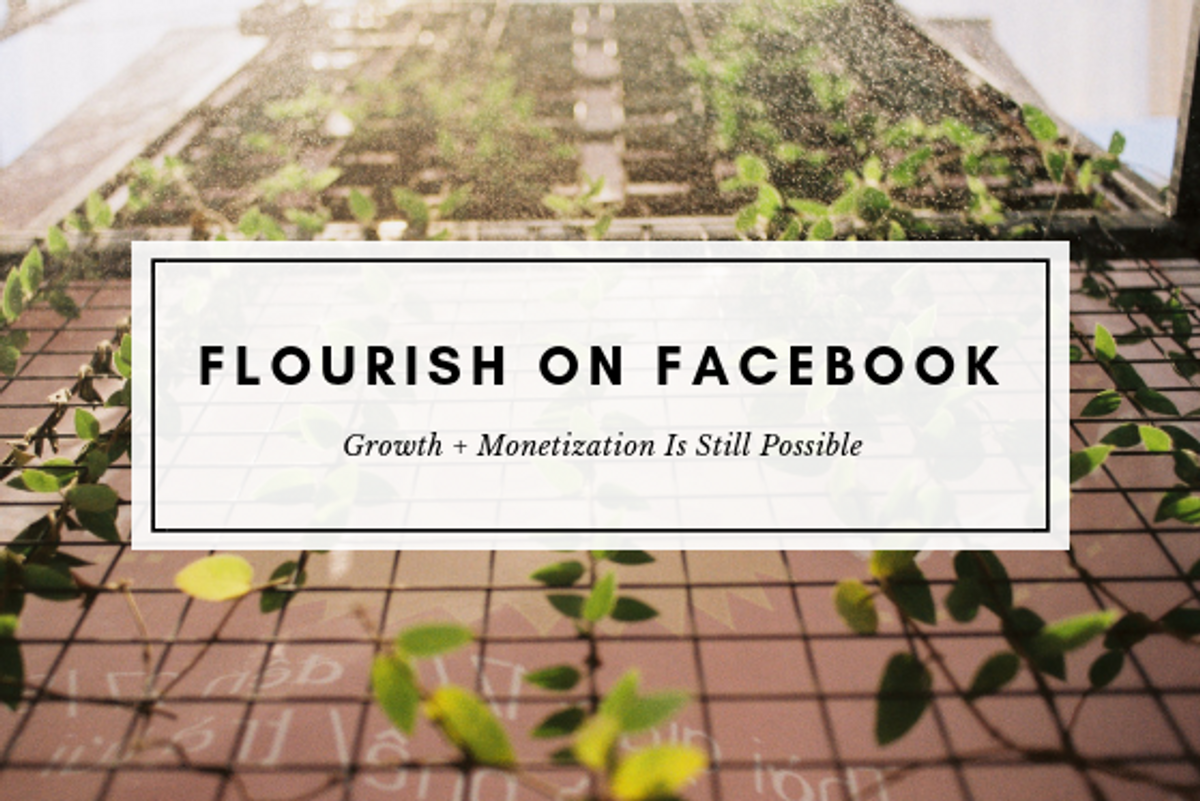
RebelMouse clients still see tremendous growth on Facebook.
Algorithm Shift Aftermath: How We Got Here
It's been nine months since Facebook's bombshell and so-called "friends and family" algorithm update rocked the digital publishing ecosystem at the beginning of 2018. In January, the massive social platform announced that it would begin to prioritize posts from users' actual Facebook friends in its News Feed over updates from publishers. It was a major move for Facebook to get back to its roots after undergoing intense scrutiny following both the Cambridge Analytica scandal and the fake news fallout that surfaced in the aftermath of the 2016 U.S. presidential election.
The announcement had publishers scrambling for new ways to diversify their main distribution strategy in hopes of retaining some sort of social ROI. After all, how are users supposed to find their content if not through the biggest social platform available? Advertisers were quick to declare that organic reach was officially "dead" thanks to the sweeping change. By February, Facebook-dependent new media company LittleThings shut down its operation , citing the dip in reach from the algorithm shift. Though they were able to quickly relaunch after joining RockYou Media.
Seven months after the algorithm change, data from social management platform Buffer found that Facebook Pages had in fact experienced a 50% drop in engagement over the past 18 months.
Source: Buffer
Given the data, publishers have been correct in keeping content diversification top of mind since Facebook's change took effect. Relying solely on a third-party platform for survival is a strategy bound to fail. The silver lining here is that the scramble to distribute content across multiple vehicles has brought about new opportunities for publishers to survive. For example, Instagram has blossomed into a major platform with enough revenue and engagement to go around, and Google has regained its edge on referral traffic over Facebook, bringing in a new age of search .
But what publishers shouldn't do is double down on developers to build a site experience that stands out among their content competition — this can be done without expensive UX/UI teams. It's time for publishers to double down on the opposite to reach their goals. 2018 has proven that it's vital to consolidate tech architecture so more resources can be devoted to content creation and distribution instead.
At RebelMouse, we were born in the age of social. And this means we've been preparing for a shift like Facebook's for years. In turn, we're always braced for the digital space's unpredictable pendulum swings. We're a next-generation enterprise CMS , and a creative agency offering content strategy services from leading traffic experts across the industry. On our platform, your content creators can create dev-like designs that'll set your site apart in just a few clicks. Our proprietary tools help you easily find social influencers to amplify your content with every publish. By making the switch to a full-stack platform that blends product and strategy together, your content is prepared — and even immune to — dramatic algorithm changes and industry shifts.
The Data Doesn't Lie: Our Clients See Explosive Growth on Facebook
Our lean tech solution is the reason our clients are doing more than just surviving on Facebook — they're thriving. By publishing to a nimble, scalable platform that was designed around social distribution, our Rebels find new audiences on Facebook all the time. Part of the reason for this is because they take full advantage of our platform's tools, which makes creating social growth more intuitive. But just as important, they now have the time and resources to refine their content for audience building. But don't only take our word for it. Look at the numbers for yourself.
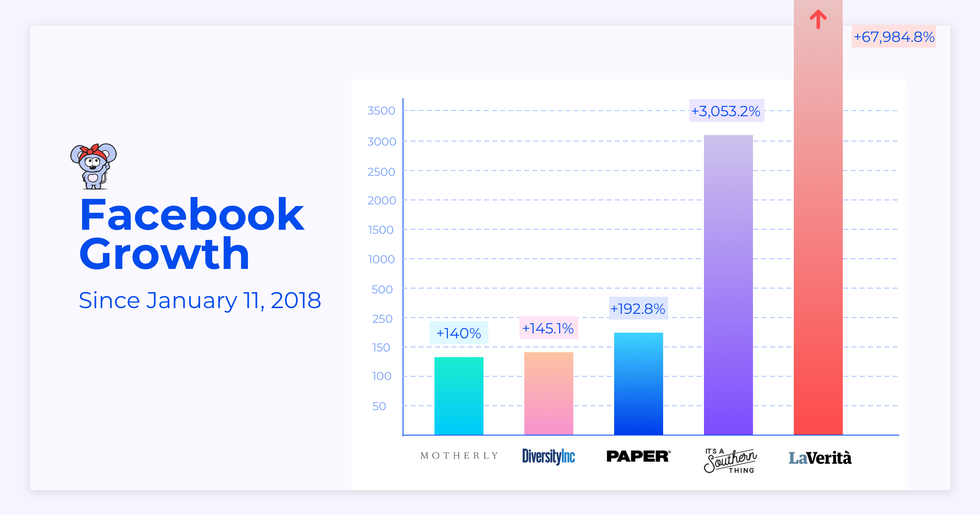
Grow Your Facebook Audience Before the New Year
Growth and monetization success on Facebook is still possible. If you want to experience stats similar to our clients, request a proposal and let's start working together. In the meantime, you can count on us to not only track every algorithm change on Facebook and Google as they get pushed live, but adapt our platform to flourish alongside every change.
























